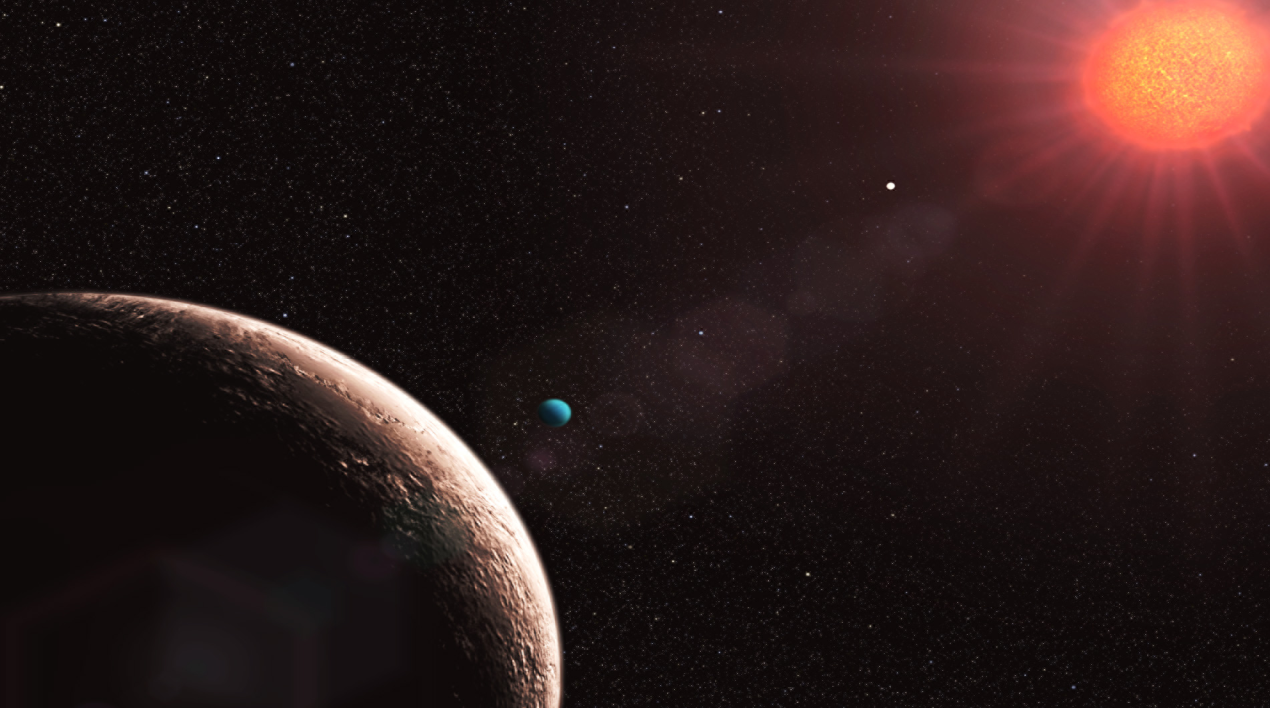
- This event has passed.
Lecture series on Extrasolar Planets

A series of May lectures in the Wilhelm Foerster Observatory in Berlin will address topics related to extrasolar planets. Employees at DLR Institute of Planetary Research will hold talks on the basics, characters, applicable methods and the question of life on extrasolar planets, and will also present missions and observation projects.
10 May, 20:00
Extrasolar Planets: Basics, current research and methods
This new field of research has developed at a dizzying place since the first planet orbiting another star was discovered in 1995. Over 3500 exoplanets have been identified so far, among them systems comprising several bodies. They have revealed an entirely unexpected depth of variety that raises questions as to the emergence and discovery of planetary systems. Which methods can be applied to detect extrasolar planets? Which findings will the various methods yield, and what difficulties currently exist? The lecture will provide an overview of the fascinating field of exoplanets.
Speaker: Ruth Titz-Weider
17 May, 20:00
Extrasolar Planets: Hunting for life on extrasolar planets
The discovery of possible rocky planets in distant planetary systems has become an increasingly frequent occurrence in recent years. Ever larger numbers of extrasolar planets are being detected, orbiting a central star in what is known as the habitable zone. This lecture explains how the atmospheres of these planets are studied for signs of life. Join Dr Gebauer on this thrilling trip through current research and the hunt for life in other worlds.
Speaker: Stefanie Gebauer
24 May, 20:00
Extrasolar Planets: Missions and observation projects
Researchers around the world are involved in the location of new planets around other stars. The sensational discoveries of recent months, among them the planets circling Trappist 1 or Proxima Centauri B, are only possible thanks to state-of-the-art telescopes and instruments. New missions are being devised and instruments continuously developed, not only to find a ‘second Earth’, but also to determine its makeup. This lecture provides an introduction to the current and future exoplanet observation campaigns. Insight into the various techniques and instruments allows us to classify current discoveries, while indicating the exciting discoveries that lie in wait for the years ahead.
Speaker: Philipp Eigmüller